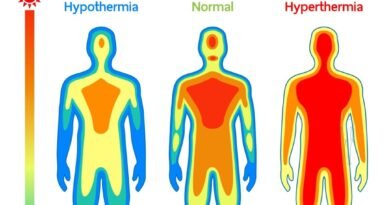Various diets show promise in improving symptoms of autism
Nutrition remains a crucial tool for families managing symptoms of autism, amidst conflicting and confusing information.
After Matthew Hirning was diagnosed with autism, Terri Hirning was told that her 4-year-old son’s genetic condition meant he would need to live in a group home as an adult because he wouldn’t be independent. However, she was determined to find a different path for her son.
Observing that certain foods triggered adverse reactions in Matthew, such as trouble sleeping, sensory meltdowns, and limited eye contact, along with other symptoms like a limited vocabulary and chronic constipation, Terri Hirning saw dietary changes as a potential solution.
Further investigations revealed that Matthew had a disrupted gut microbiome, which highlighted the importance of the gut-brain connection and its impact on mood, behavior, and functionality based on diet.
Through modifications in Matthew’s diet, his symptoms of autism were reversed, leading to achievements like becoming an Eagle Scout and attending college.
While there is limited formal research on the effectiveness of a paleo diet for autism, studies have shown positive results with other diets. Therapeutic diets have been found to be safe, cost-effective, and beneficial in managing autism symptoms.
An observational study in 2023 compared the use of supplements, pharmaceuticals, and specialized nutrition, including the paleo diet, in managing autism symptoms. The results favored diets over other interventions, with diets showing significant improvement in symptom management.
The study rated different diets based on their effectiveness in managing specific symptoms related to autism. While some diets showed overall benefits, others had specific strengths in addressing certain symptoms.
Overall, diets were deemed safer and more effective than pharmaceuticals and supplements in managing autism symptoms, with minimal adverse effects reported.
Despite some conflicting research on the relationship between gut health and autism, families have reported improvements in symptoms through dietary interventions, such as gluten-free/casein-free diets.
While the effectiveness of specific diets for autism may vary, many families have found success in improving symptoms through nutritional changes, highlighting the importance of personalized and holistic approaches to managing autism.




